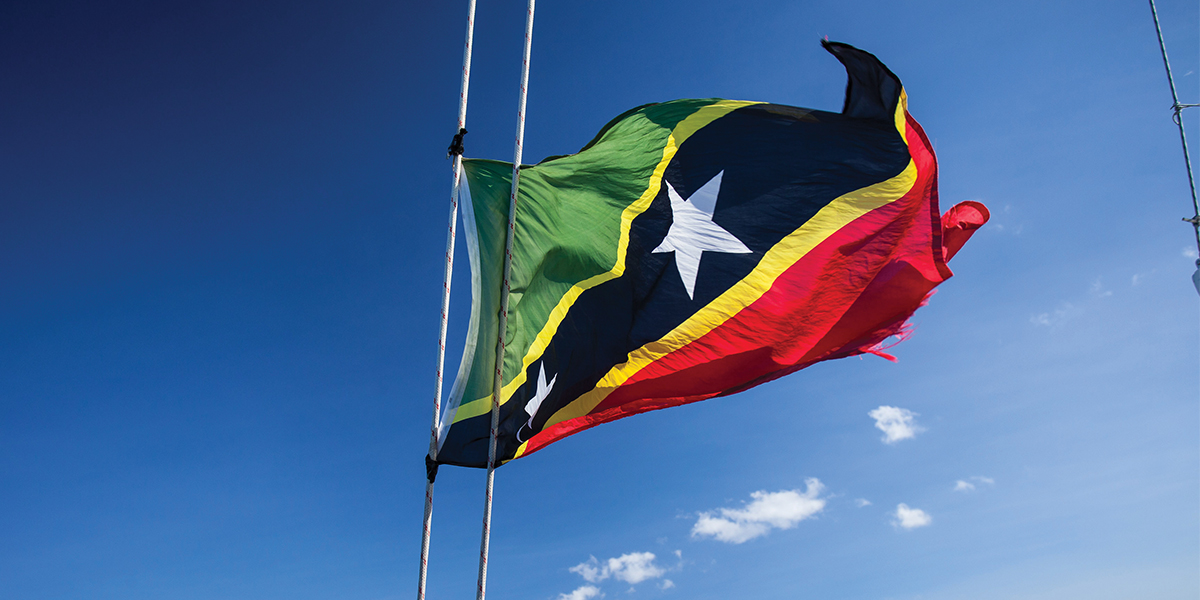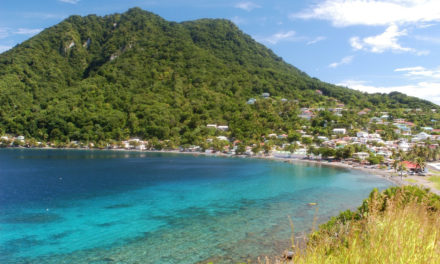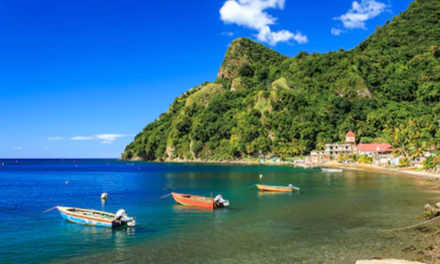If there is anything we learned from the previous decade, it is that tomorrow is largely synonymous to uncertainty. Contingency plans cost businesses more and more with every political shakedown or, equally bad, stalemate. Likewise, families across the world see their lives turned upside down by these changes. This calls for a need to pre-empt country-specific risks. The Federation of St Kitts and Nevis understood this in 1984, a year after gaining independence from the UK, and thus elaborated the concept of Citizenship by Investment (CBI). Where traditional options are limited, the tiny twin islands came up with a solution: you and your family can obtain our citizenship if you invest in our country and you’re not a risk to our security or that of our international partners.
A dual-island nation located in the Caribbean, St Kitts and Nevis is the smallest sovereign state in the Western Hemisphere in terms of both area and population. While a top winter holiday choice it may be, with record-breaking cruise passenger numbers year after year, the small country manages to attract important foreign direct investment to its economy through CBI. In return, second citizenship offers investors and their families a safety net for the future, but also opens a world of opportunities, particularly in the business sense. It also provides citizens with increased global mobility and the freedom to enjoy it without bureaucratic hassles. As citizenship can be passed down, St Kitts and Nevis offers families a way to stay together and have a better chance in life. As a result, a wealth of economical and societal advantages can be enjoyed for generations to come. Over the years, St Kitts and Nevis has excelled at creating a streamlined and reputable Programme, known as the ‘Platinum Standard’ of CBI.
In 2018, Prime Minister Timothy Harris introduced the Sustainable Growth Fund (SGF) under the CBI Programme, whereby eligible applicants could direct at least US$150,000 to the government fund to qualify. It meant that investors could make their economic contributions more directly, therefore improving the lead time and making the overall process more transparent.
St Kitts and Nevis is committed to expanding its global presence by actively nurturing diplomatic relations across most continents. Citizens, both economic and native, can enjoy visa-free or visa-on-arrival travel to more than 150 destinations. Over the last three decades, St Kitts and Nevis has mastered its craft and its success has garnered widespread attraction from across the globe. All the while, the country has maintained – and upgraded, where possible – the Programme’s high standards for due diligence.
At the receiving end, funds from the SGF sponsor socio-economic initiatives on the islands. The CBI Programme is credited for aiding in the construction of a second cruise pier at Port Zante, whose capacity continues to increase and bring more visitors to the twin islands – an important boost to the economy. Another example of how St Kitts and Nevis follows the win-win principle with respect to CBI is the funding it offers for the recently introduced Poverty Alleviation Programme. This has so far provided around 4,000 households earning less than EC$3,000 (≈£860) per month with a much-needed monthly stipend. To those families, the success of the CBI Programme and the continuation of such initiatives means that they can afford to pay their bills on time and put food on the table. The aim is to improve the standard of living and provide local communities with more opportunities for personal growth.
St Kitts and Nevis has managed to balance the CBI Programme in a way that benefits native and economic citizens equally. For what it’s worth, all of them have something to be grateful for and St Kitts and Nevis does not fail to deliver.
- This Artist is Making the Underwater Arena His Canvas - 28th April 2021
- A Video Game that Promotes Peace and Conflict Resolution - 15th March 2021
- Netflix’s ‘Living Undocumented’ is a Difficult Series to Watch, and Exactly Why We Should - 9th March 2021






